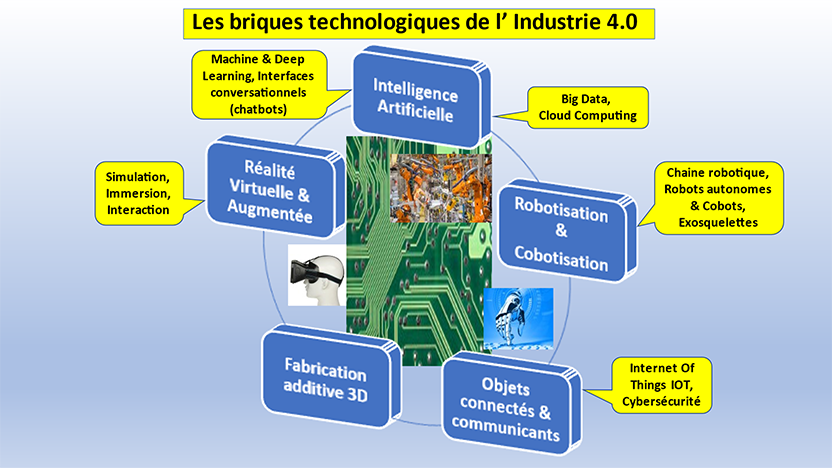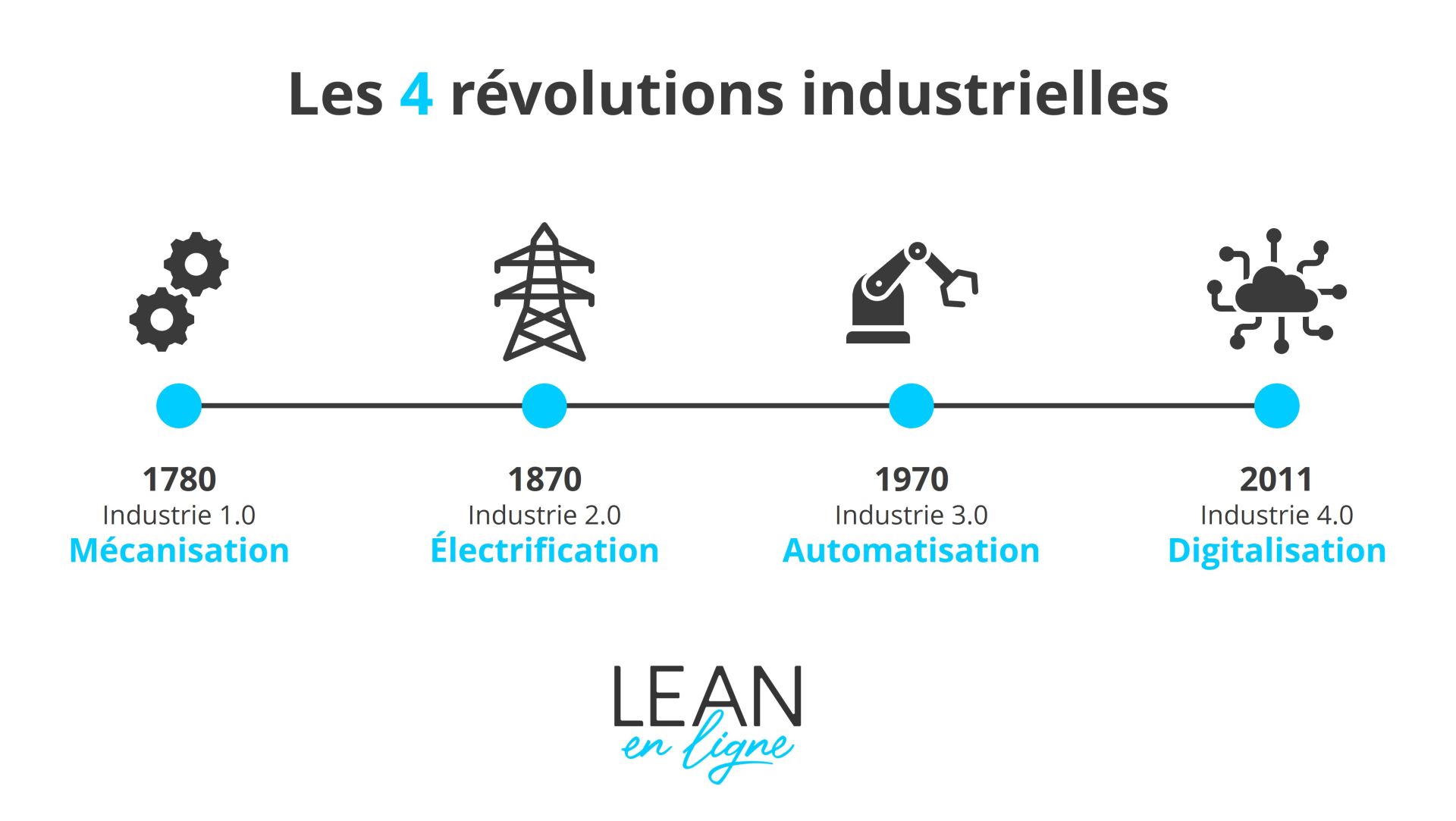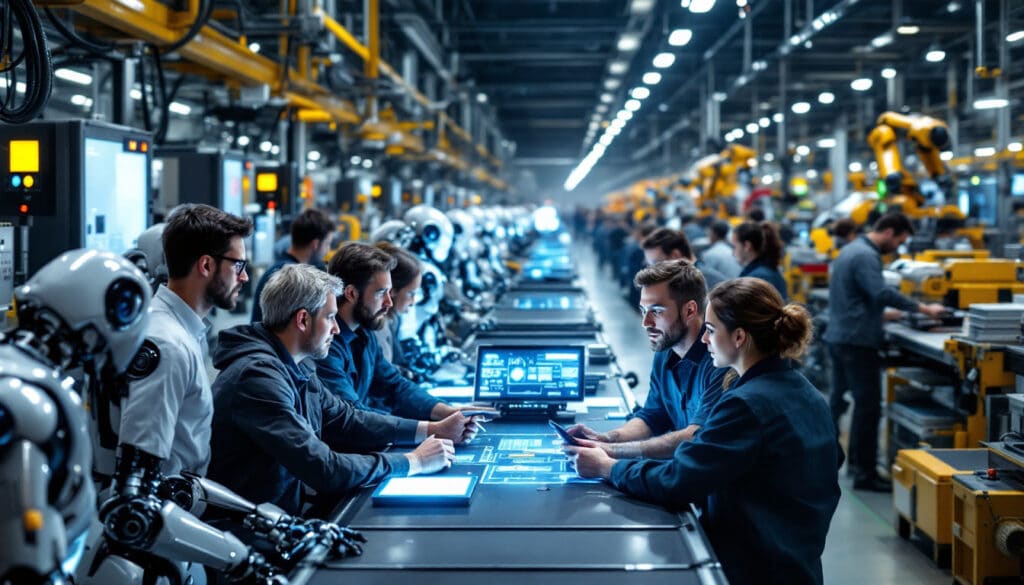In the constantly changing world of manufacturing, the Fourth Industrial Revolution marks a radical transformation. Traditional methods like DMAIC, known for their past effectiveness, struggle to keep pace with the rapid innovations brought by the integration of new technologies. The emergence of Quality 4.0, relying on artificial intelligence (AI) and the Industrial Internet of Things (IIoT), redefines the standards of quality management. This evolution opens a promising path towards more adaptive and resilient production systems, placing AI at the heart of innovation processes in today’s industry.
The article “Beyond DMAIC: Leveraging AI and Quality 4.0 for Manufacturing Innovation in the Fourth Industrial Revolution” explores how the shift towards Quality 4.0 is transforming quality management by integrating advanced technologies such as artificial intelligence, Industrial Internet of Things, and big data. Unlike traditional approaches like DMAIC, which are linear and based on statutory assumptions, these new methods propose an adaptive and data-driven framework. Machine learning enables real-time analysis of unstructured data, aiding in the management of complex processes and continuous improvement. This approach aims to enhance innovation and competitiveness while ensuring consistent quality in the dynamic context of Industry 4.0.

Table des matières
Toggleleveraging AI to transcend the limits of DMAIC
In the realm of modern manufacturing, the integration of new technologies has opened immense potential for innovation. The concept of Quality 4.0 brings a radical change by pushing the boundaries of classic methodologies such as DMAIC. Artificial intelligence (AI) now plays a central role, allowing a proactive and adaptive approach to quality management. This dynamic transforms industrial processes by expanding their capabilities to levels once thought impossible. By adopting AI, companies benefit from an unparalleled ability to analyze massive volumes of data in real-time, thereby providing precise and actionable insights that guide continuous innovation.
the essential role of quality 4.0 in industry 4.0
The Fourth Industrial Revolution, also known as Industry 4.0, is characterized by the integration of advanced digital technologies such as Industrial Internet of Things (IIoT) and Cyber-Physical Systems (CPS). Quality 4.0 fits into this revolution by adopting a holistic approach that prioritizes continuous improvement and quality control techniques based on AI. This paradigm ensures the resilience of supply chains by integrating technologies like Cloud and Big Data for enhanced traceability. By moving away from DMAIC, which relies on segmented quality management, Quality 4.0 offers interconnectivity that allows factories to operate as an integrated ecosystem. The impact of this transition is evident in its ability to reduce production defects, minimize waste, and increase customer satisfaction.
the impact of AI on the future of manufacturing
Looking ahead, the integration of AI into industrial processes promises to significantly reshape manufacturing. AI applications are at the heart of modernizing the industry, bringing tangible benefits such as operational efficiency and increased automation. The use of machine learning and deep learning in quality control systems enables precise and rapid detection of anomalies. Furthermore, AI facilitates the creation of digital twins, virtual replicas of physical systems, thereby enhancing manufacturing agility. With these pioneering technologies, companies can achieve notable advancements by leveraging data to anticipate market trends and adopt hyper-personalized production strategies, solidifying their competitiveness in an ever-evolving global market.





